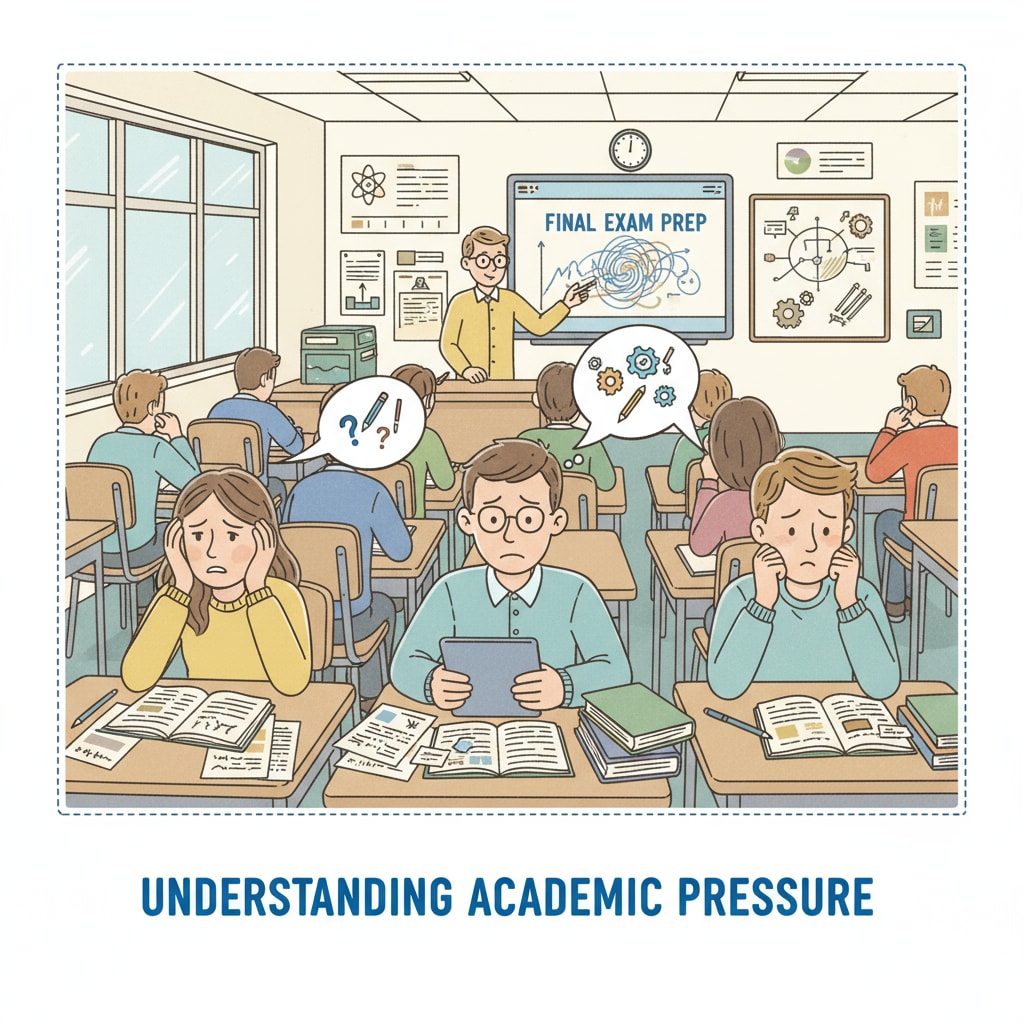Mental health, taking a semester off, and external criticism are issues that many K12 students and their families grapple with. In today’s highly competitive educational environment, the pressure on students is immense, and mental health problems are becoming increasingly common. When a student decides to take a semester off due to mental health concerns, it’s not an act of evasion but a crucial step towards recovery.

The Reality of Mental Health in K12 Education
According to CDC’s research on mental health, the number of K12 students experiencing mental health issues is on the rise. Academic stress, social pressures, and family problems can all contribute to poor mental health. For example, excessive homework, high-stakes testing, and peer competition can leave students feeling overwhelmed and anxious. When these feelings persist and start to affect a student’s daily life and academic performance, it might be necessary to consider taking a break.

The Misconception of Taking a Semester Off
Unfortunately, the decision to take a semester off due to mental health is often misunderstood. Some people view it as a sign of weakness or an attempt to avoid responsibilities. This external criticism can add to the student’s stress. However, it’s important to realize that taking a break is a proactive measure. It gives the student time to seek proper treatment, such as therapy or counseling, and to regain their mental strength. As the American Psychological Association emphasizes, addressing mental health issues in a timely manner is essential for overall well-being.
During this time off, students can focus on activities that promote mental health, like exercise, meditation, or hobbies. This period of rest and self-care can be a turning point in their mental health journey.
Readability guidance: As seen above, short paragraphs make the content more digestible. We’ve also included relevant external links for more information. Transition words like ‘however’ and ‘for example’ help the flow of the text.


